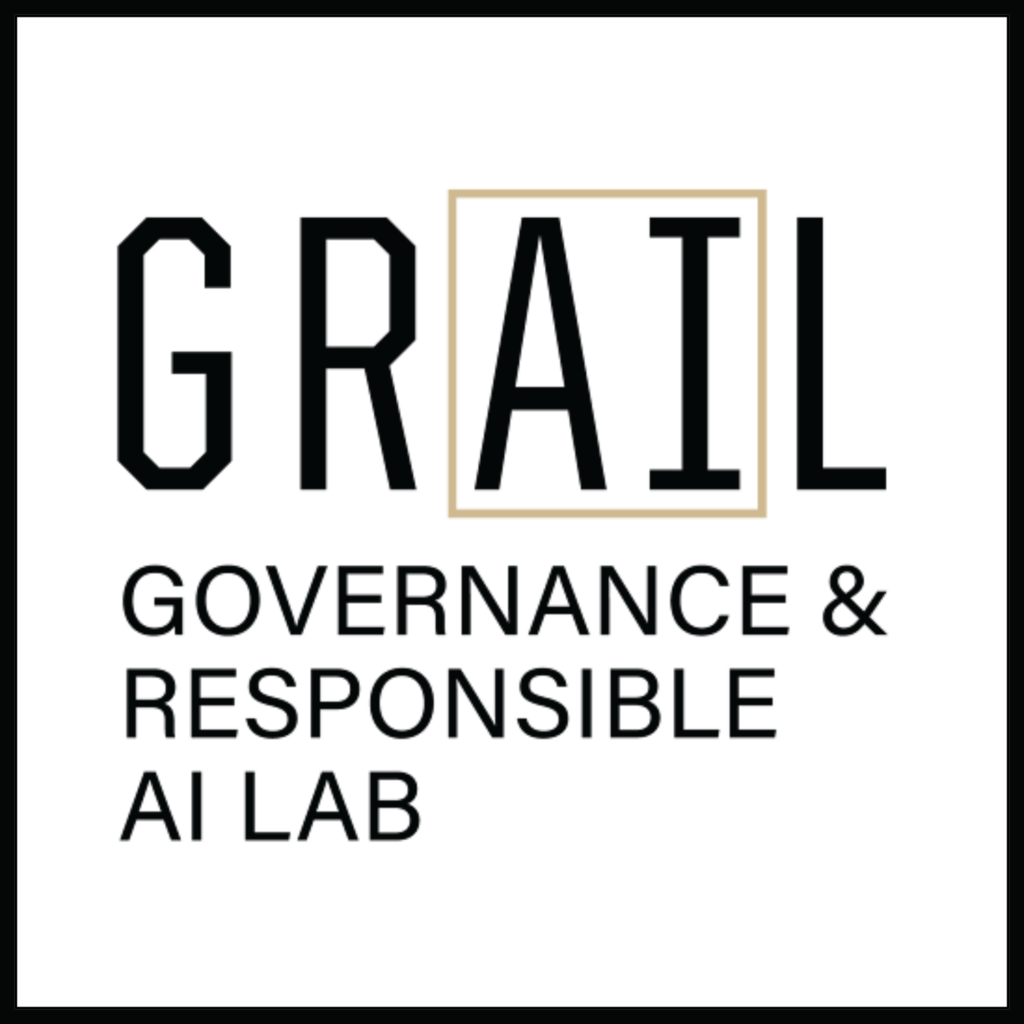

✍️ By Tejasvi Nallagundla.
Tejasvi is an Undergraduate Student in Computer Science, Artificial Intelligence and Global Studies and an Undergraduate Affiliate at the Governance and Responsible AI Lab (GRAIL), Purdue University.
📌 Editor’s Note: This article is part of our AI Policy Corner series, a collaboration between the Montreal AI Ethics Institute (MAIEI) and the Governance and Responsible AI Lab (GRAIL) at Purdue University. The series provides concise insights into critical AI policy developments from the local to international levels, helping our readers stay informed about the evolving landscape of AI governance. This piece spotlights the U.S. Copyright Office’s 2023 “Copyright Registration Guidance: Works Containing Material Generated by Artificial Intelligence,” focusing on how its human authorship requirement is shaping copyright surrounding the use of generative AI.
U.S. Copyright Guidance on Works Created with AI
In March 2023, the U.S. Copyright Office issued its “first-ever formal guidance” on how copyright applies to works created with the use of generative AI. This statement of policy, titled “Copyright Registration Guidance: Works Containing Material Generated by Artificial Intelligence,” is a response to the growing use of “sophisticated artificial intelligence (‘AI’) technologies” and the ambiguity surrounding them in copyright contexts.
The Human Authorship Requirement
The guidance’s central focus is the long-standing human authorship requirement. The Office underscores that “only material that is the product of human creativity” is eligible for protection, and they “will not register works produced by a machine or mere mechanical process that operates randomly or automatically without any creative input or intervention from a human author.”
The Office’s statement references the February 2023 case of “Zarya of the Dawn,” a graphic novel that, in their words, was “comprised of human-authored text combined with images generated by the AI service Midjourney.” The Office concludes that while Kashtanova’s “authorship is protected by copyright,” the individual AI-generated images themselves could not be protected.
What Is the Threshold?
That is not to say that any and all works containing AI-assisted elements are ineligible for protection, but rather that when a work consists of both human and AI-generated elements, the Office will examine from the lens of “whether the AI contributions are the result of ‘mechanical reproduction’ or instead of an author’s ‘own original mental conception, to which [the author] gave visible form.’”
The use of a prompt alone is not enough to warrant protection. The Office emphasizes that in the case of products of a human prompt, “the ‘traditional elements of authorship’ are determined and executed by the technology” and that “users do not exercise ultimate creative control over how such systems interpret prompts and generate material,” thus failing to meet the human authorship requirement.
In cases where there is “sufficient human authorship,” such as when a human selects or arranges “AI-generated material in a sufficiently creative way,” or modifies material “originally generated by AI technology to such a degree” that meets “the standard for copyright protection,” the Office will “protect the human-authored aspects of the work, which are ‘independent of’ and do ‘not affect’ the copyright status of the AI-generated material itself.”
The statement also emphasizes expectations for creators, particularly regarding transparency. Applicants are expected to disclose the use of AI and explain their own contributions to their works to allow for a clear assessment of protection.
Ongoing Developments
In January 2025, the U.S. Copyright Office put out Part 2 of its report on “Copyright and Artificial Intelligence: Copyrightability,” which provides additional context to the 2023 statement of policy. In the report, while the Office clarifies that copyright may also apply “where minimally creative works of human authorship used as inputs are perceptible in the output,” they ultimately conclude that “existing principles of copyright law are still flexible enough to apply to generative AI technology.”
In an April interview, Jalyce Mangum, Assistant General Counsel at the U.S. Copyright Office, noted that since issuing its guidance, the Office has already registered “over 1,000 works containing some level of AI-generated material.” As AI tools continue to develop, evolve, and be employed by artists and creators, as evident from the works already registered, the Office’s guidance and examination are actively being tested in practice. The question of how to define and document human authorship, whether in alignment with or in challenge to the U.S. Copyright Office’s policy, remains central to the ever-evolving legal and creative discussions, both in the United States and around the world.
Further Reading
- “Artificial intelligence and copyright: the Invoke decision and ‘A Single Piece of American Cheese,’ a landmark decision by the U.S. Copyright Office?” (March 14, 2025)
- “Chinese Court Again Rules AI-Generated Images Are Eligible for Copyright Protection” (March 14, 2025)
- “The UK’s Curious Case of Copyright for AI-Generated Works: What Section 9(3) Means Today” (May 19, 2025)
Photo credit:
Reihaneh Golpayegani & The Bigger Picture / A Corner Of The History / Licenced by CC-BY 4.0